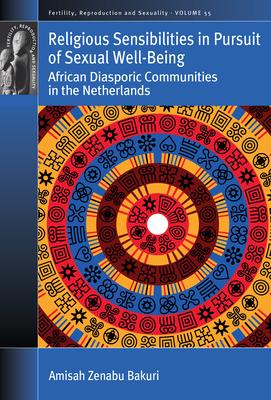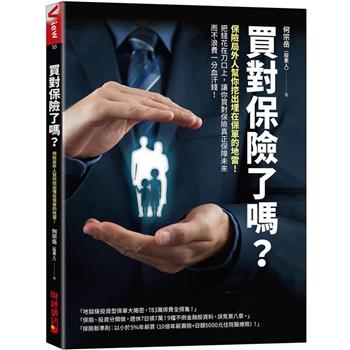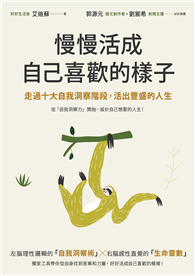The self-identifying Ghanaian-Dutch and Somali-Dutch communities residing in the Randstad area of the Netherlands are deeply impacted by religious beliefs and cultural factors in their approach towards sexual health practices, well-being and pleasure. This book shows how religious sensibilities shape the physical activities, beauty practices, and gendered roles that are adopted into the daily lives of these communities in pursuit of their sexual and general well-being. Through an ethnographic account, it explores and challenges the assumptions held around the complex relationship between religion and sexuality.
| FindBook |
有 1 項符合
Religious Sensibilities in Pursuit of Sexual Well-Being: African Diasporic Communities in the Netherlands的圖書 |
 |
Religious Sensibilities in Pursuit of Sexual Well-Being: African Diasporic Communities in the Netherlands 作者:Bakuri 出版社:Berghahn Books 出版日期:2024-05-03 語言:英文 規格:精裝 / 230頁 / 普通級/ 初版 |
| 圖書館借閱 |
| 國家圖書館 | 全國圖書書目資訊網 | 國立公共資訊圖書館 | 電子書服務平台 | MetaCat 跨館整合查詢 |
| 臺北市立圖書館 | 新北市立圖書館 | 基隆市公共圖書館 | 桃園市立圖書館 | 新竹縣公共圖書館 |
| 苗栗縣立圖書館 | 臺中市立圖書館 | 彰化縣公共圖書館 | 南投縣文化局 | 雲林縣公共圖書館 |
| 嘉義縣圖書館 | 臺南市立圖書館 | 高雄市立圖書館 | 屏東縣公共圖書館 | 宜蘭縣公共圖書館 |
| 花蓮縣文化局 | 臺東縣文化處 |
|
|
圖書介紹 - 資料來源:博客來 評分:
圖書名稱:Religious Sensibilities in Pursuit of Sexual Well-Being: African Diasporic Communities in the Netherlands
|










